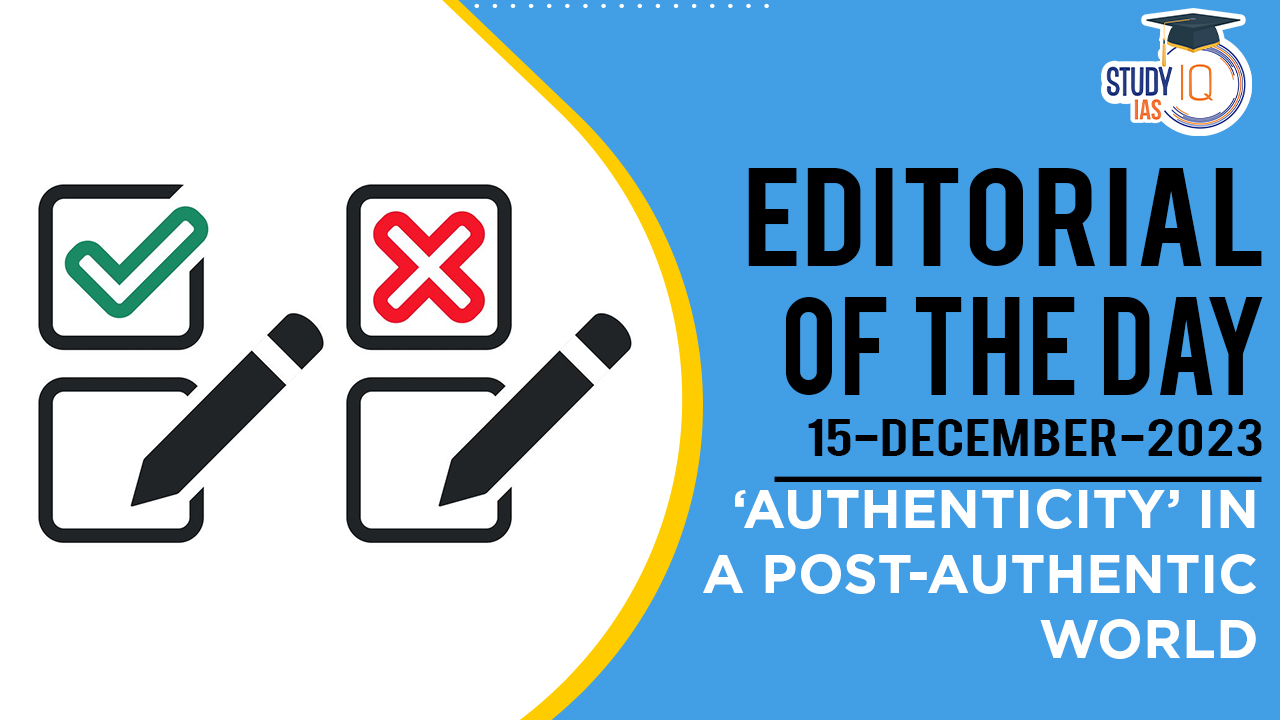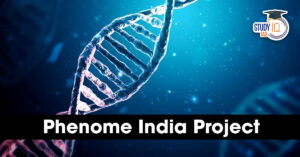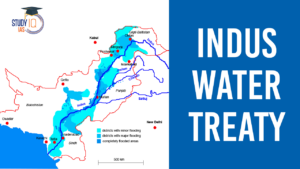Context: Merriam-Webster’s choice of “authentic” as Word of the Year 2023 reflects a growing awareness of the struggle for genuine expression in a world saturated with artificiality and deception.
The Evolving Landscape of Authenticity
- From “To thine own self be true” to societal influences: While Shakespeare’s Polonius urged introspection, philosophers like Sartre and Heidegger acknowledged the undeniable role of external factors in shaping our identities. Authenticity, therefore, cannot be viewed in a vacuum; it is inherently intertwined with social media, celebrity culture, and the ever-present influence of AI.
- The rise of “fake news”: The term “fake news” predates the Trump era, but its weaponization in recent years has exacerbated the crisis of trust. Generative AI has further blurred the lines, creating hyper-realistic deepfakes and manipulating content with alarming ease.
- The “Infocalypse” and the erosion of trust: AI scientist Nina Schick warns of an impending “Infocalypse,” a scenario where information overload and rampant misinformation cripple our ability to discern truth. This erodes trust, the very foundation of a healthy society.
We’re now on WhatsApp. Click to Join
Challenges and Uncertainties
- The “liar’s dividend”: The ease of casting doubt on anything, regardless of its authenticity, empowers bad actors and fosters a culture of scepticism. This “liar’s dividend,” as coined by law professors Chesney and Citron, poses a significant threat to social cohesion.
- The AI factor: Concerns about data and text manipulation are on the rise. Researchers and editors grapple with the potential for AI-generated content to infiltrate academic and journalistic spheres, further blurring the lines between fact and fiction.
- Hazy lines and a dystopian future: The distinction between truth and falsehood, right and wrong, is becoming increasingly ambiguous. This, coupled with the erosion of trust, paints a grim picture of a future where “Trust No One” becomes the prevailing sentiment.
Navigating the Post-Authentic Maze
- Critical thinking and media literacy: This includes understanding how algorithms and AI influence the information we consume.
- Prioritising transparency and accountability: . Encouraging transparency in data collection and content creation can foster trust and combat manipulation.
- Nurturing empathy and connection: Building communities based on shared values and understanding can help us navigate the uncertainties of the post-authentic world.


 Phenome India Project: Mapping India's H...
Phenome India Project: Mapping India's H...
 UDAN Scheme, Objectives, Funding and Ach...
UDAN Scheme, Objectives, Funding and Ach...
 Indus Water Treaty 1960 Suspended by Ind...
Indus Water Treaty 1960 Suspended by Ind...





















